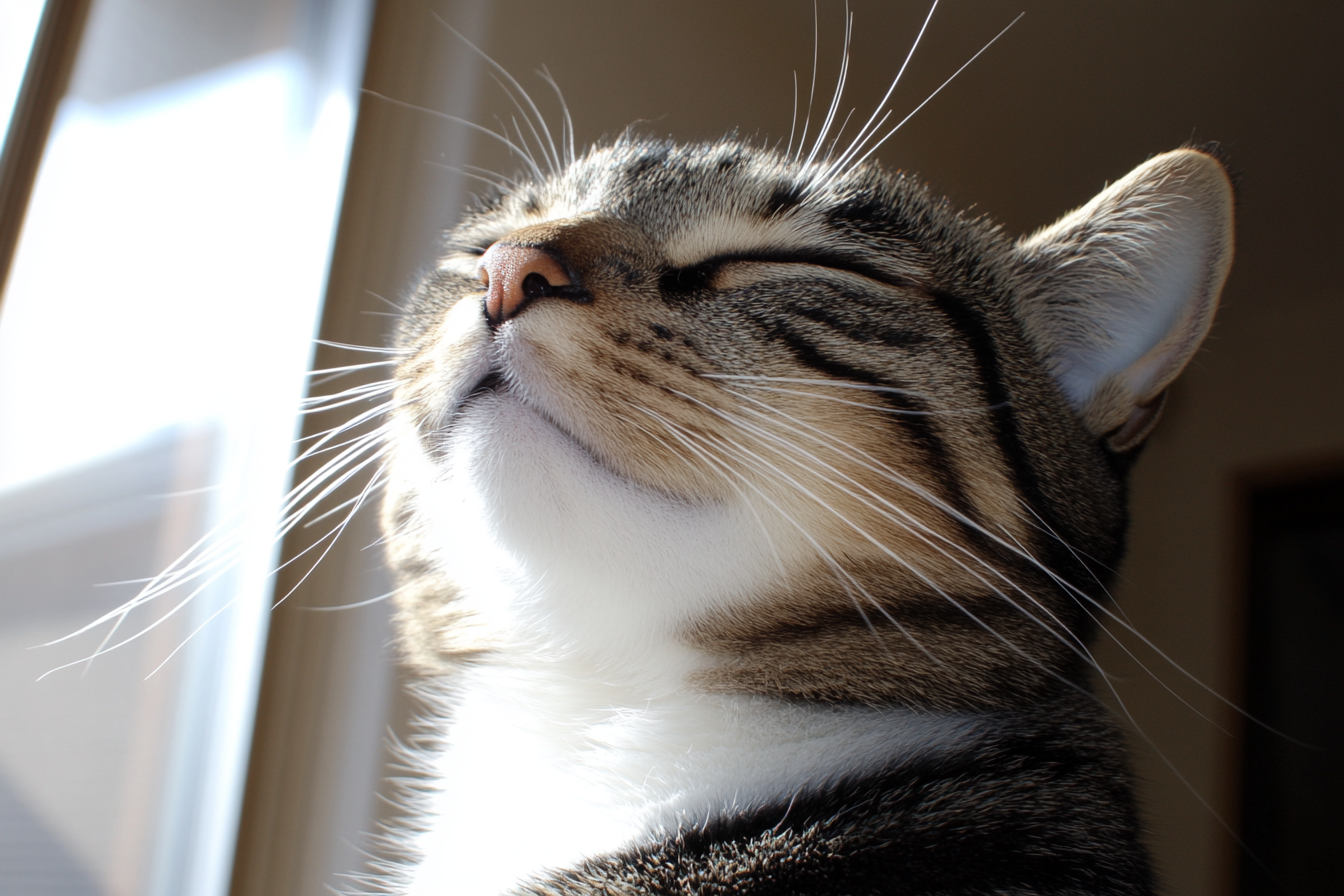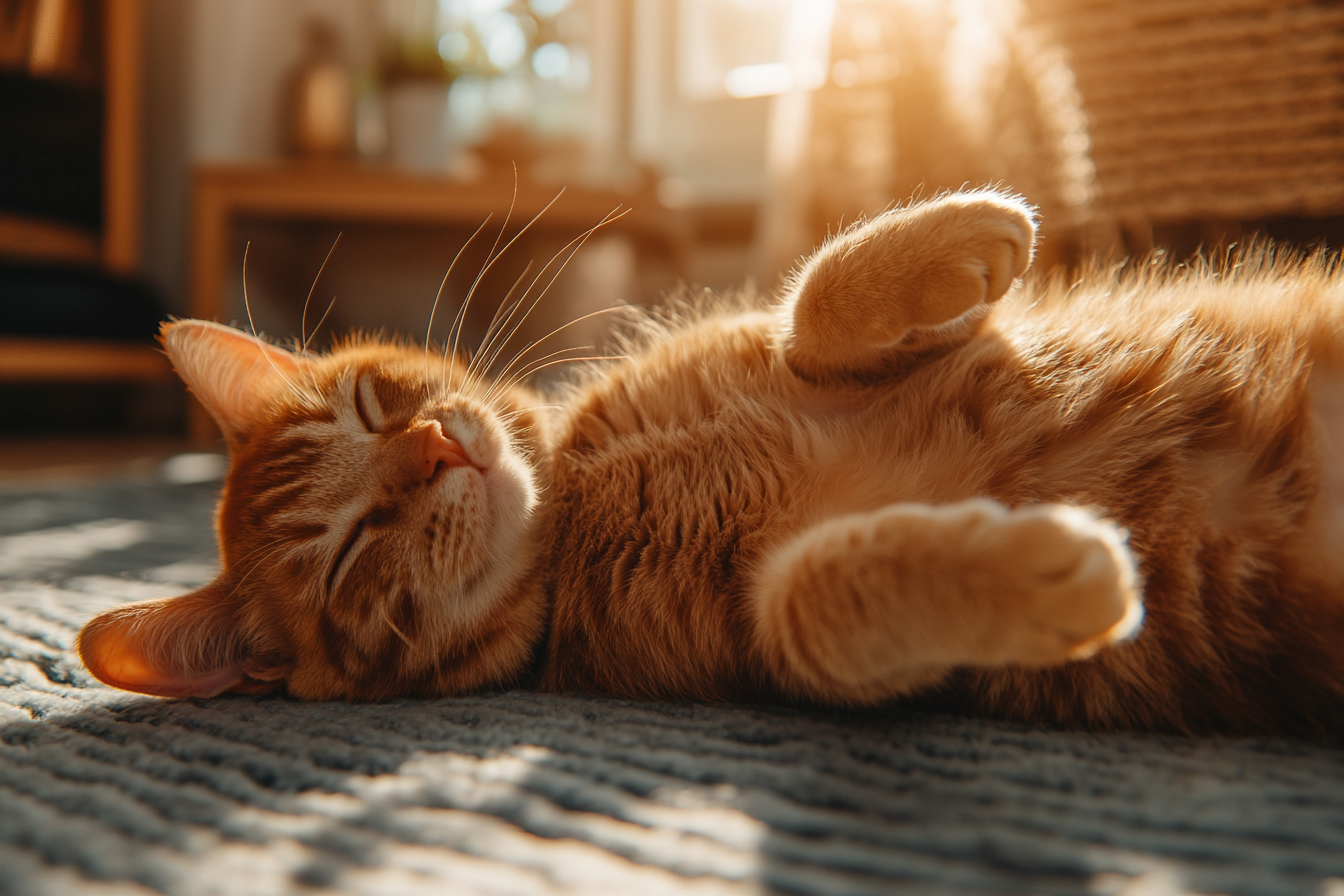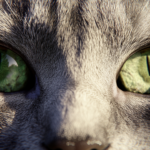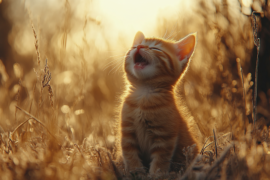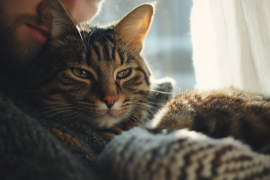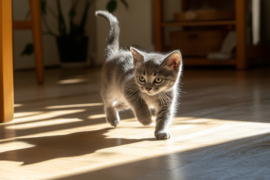Ever wonder why your cat seems to run on an internal clock? These independent creatures actually crave structure and predictability in their daily lives, even if we sometimes think their routines look boring.
The Science Behind Cat Routines
Cats aren’t just creatures of habit – they’re wired for routine. Their internal clock helps them anticipate meals, playtime, and rest periods. This natural rhythm stems from their wild ancestors who hunted and rested at specific times. When cats can predict what’s coming next in their day, they feel more secure and confident in their environment. Less stress means fewer behavioral problems like excessive grooming, scratching, or aggressive tendencies.
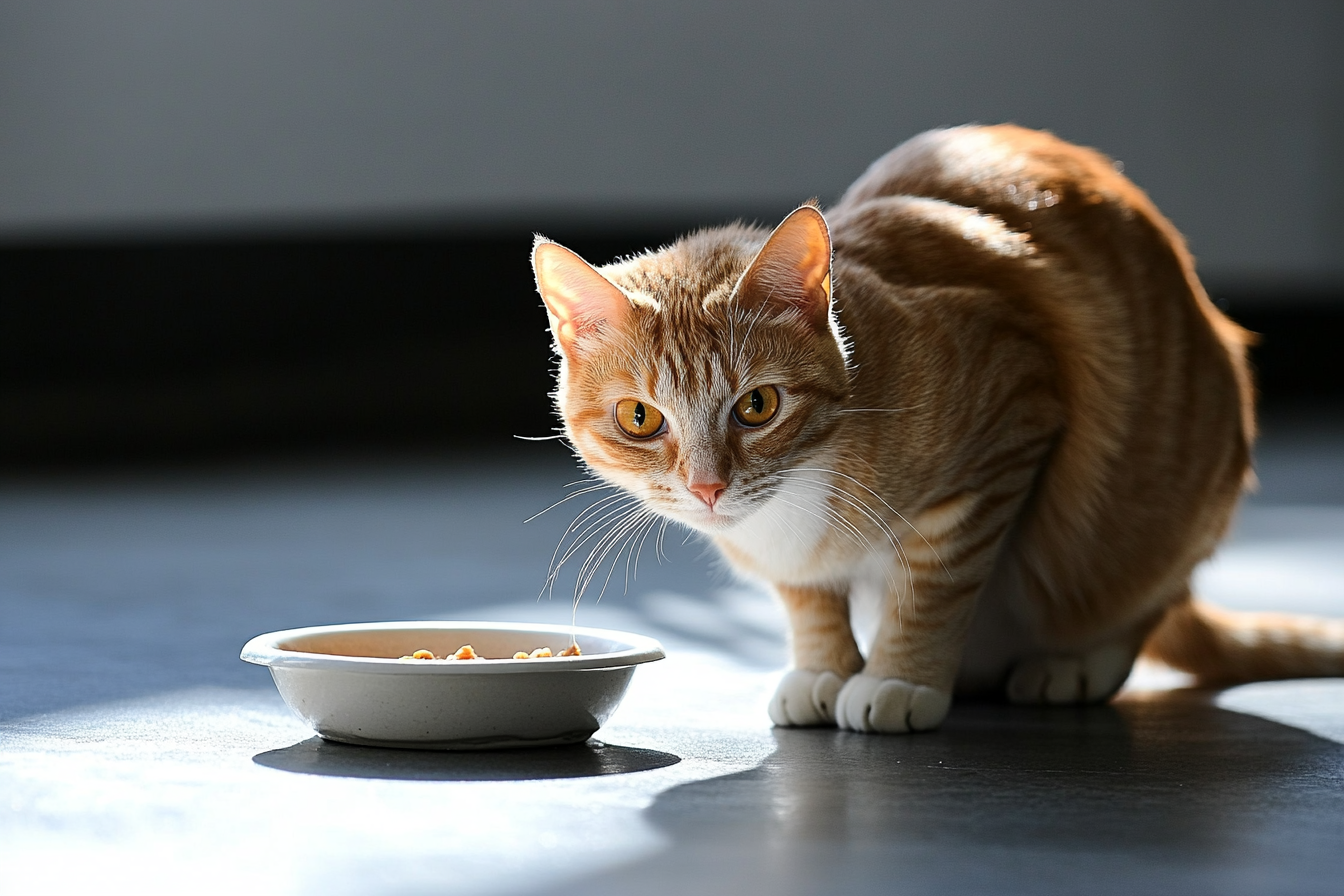
Building the Perfect Daily Schedule
Creating a consistent routine doesn’t mean you need military precision. Focus on key activities that matter most to your cat:
- Feeding times (ideally twice daily)
- Interactive play sessions (morning and evening)
- Quiet time for naps and relaxation
The trick is maintaining similar timing each day, even on weekends. This predictability helps your cat understand when to expect attention and when to enjoy their independent time.
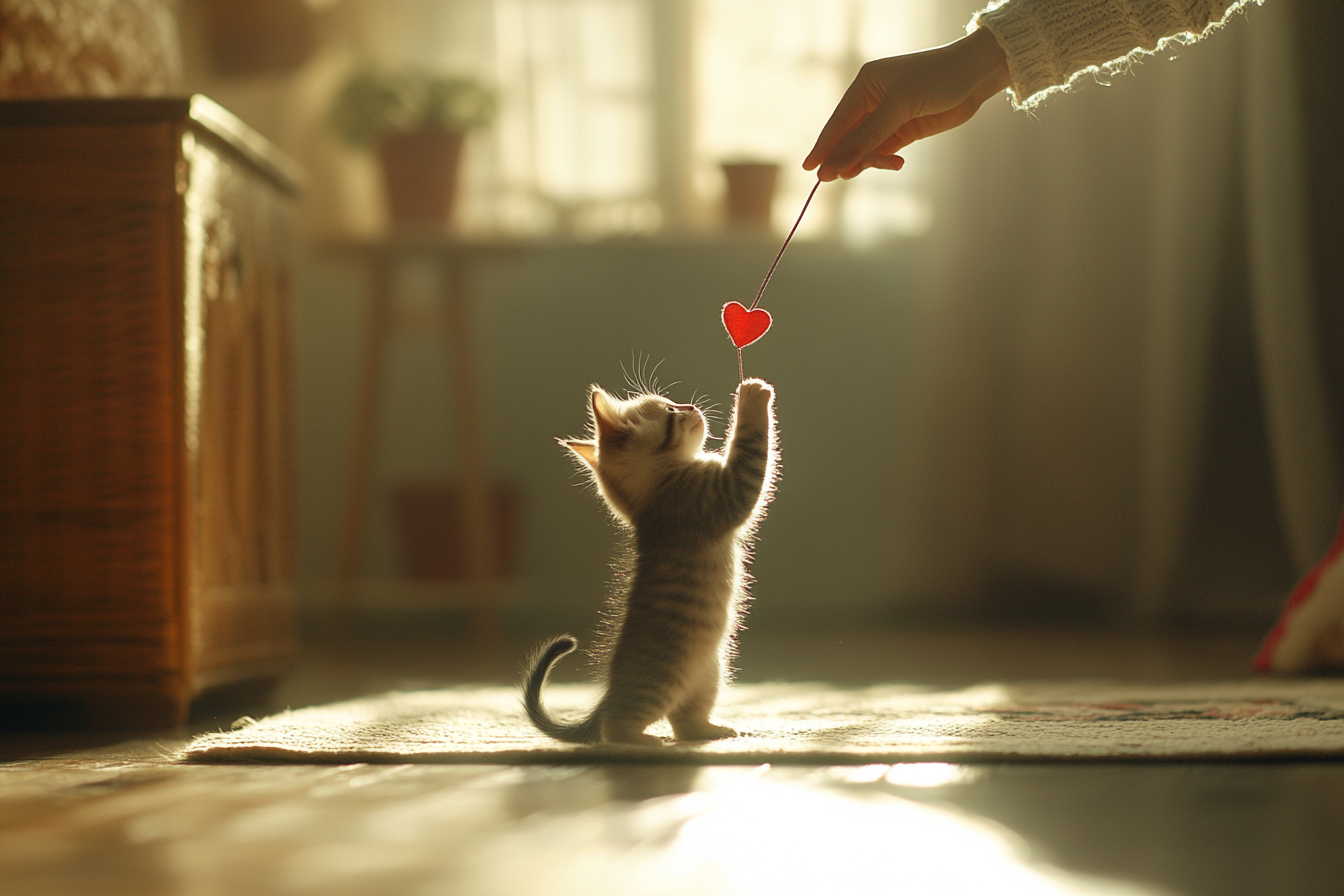
A Message From Your Cat: “Let Me Tell You About Mealtimes”
Hey there! As a cat, I need to explain something about food routines. When my human feeds me at the same times each day, I don’t have to worry about when my next meal is coming. That means I can relax and focus on important things – like napping in sunbeams and plotting to catch that red dot. Plus, if you feed me before bed, I’m less likely to wake you up at 3 AM for a snack. Clever, right?
Adapting to Change
Life happens, and sometimes routines need adjustment. Whether it’s a new baby, moving house, or changing work schedules, help your cat adapt by:
- Making changes gradually when possible
- Maintaining key routines during transitions
- Providing extra attention and reassurance
- Creating safe spaces where they can retreat
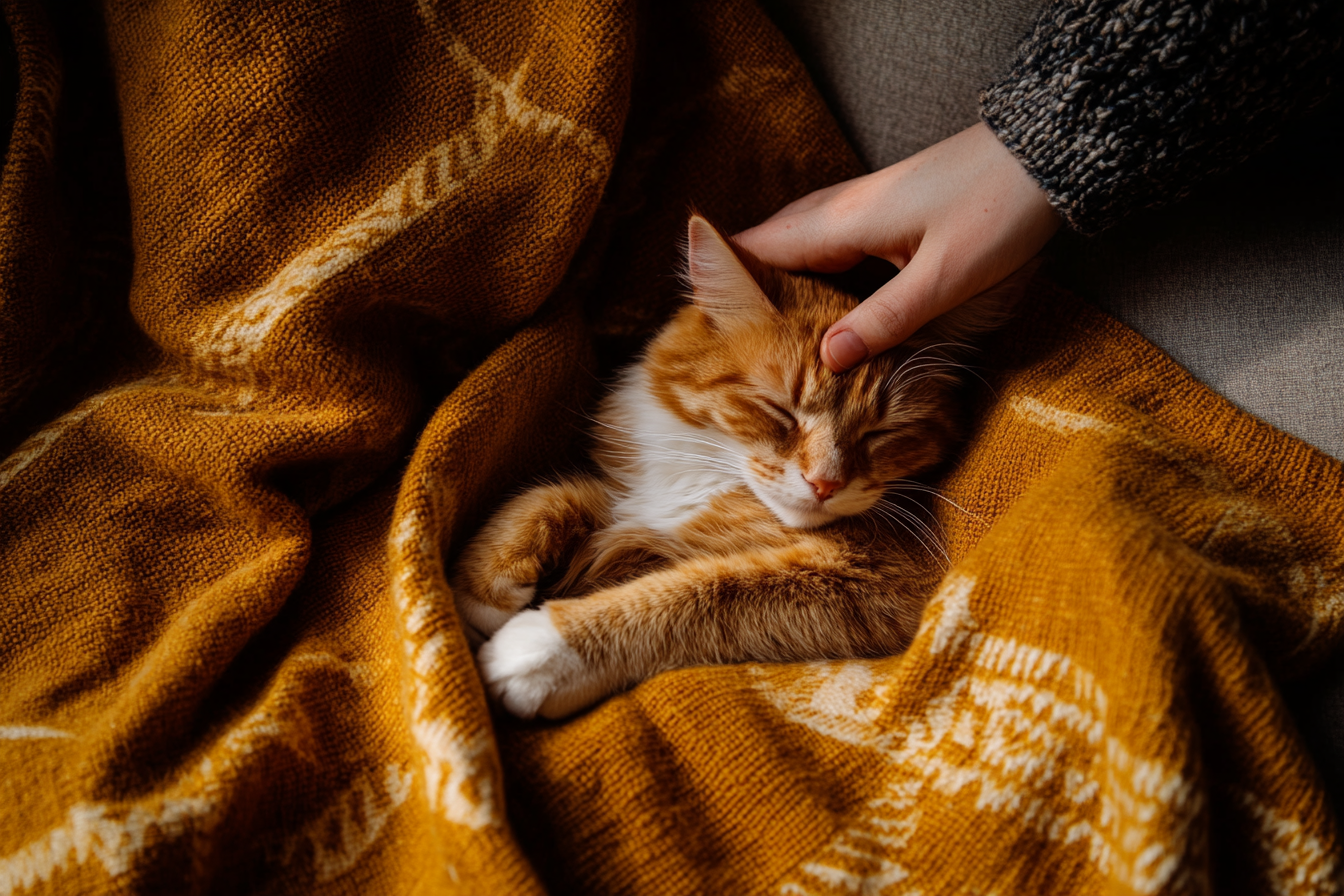
The Benefits of Routine
Establishing good routines does more than just make your cat happy – it helps you spot potential health issues early. When you interact with your cat at regular times each day, you’ll quickly notice if they’re not eating normally or behaving differently. This early detection can make a huge difference in treating any potential problems.
Remember, the goal isn’t to create a rigid schedule that stresses everyone out. Instead, aim for a flexible framework that meets both your needs and your cat’s natural instincts. Your feline friend will reward you with more relaxed, confident behavior – and maybe even fewer 3 AM wake-up calls.
